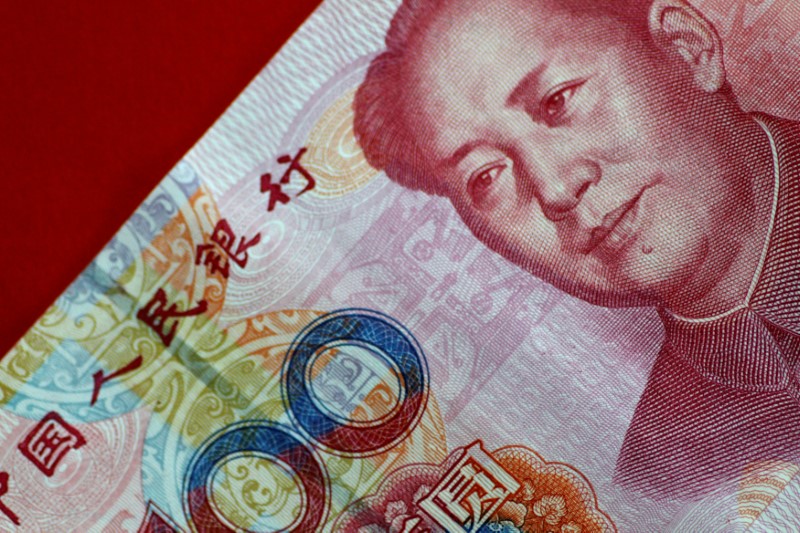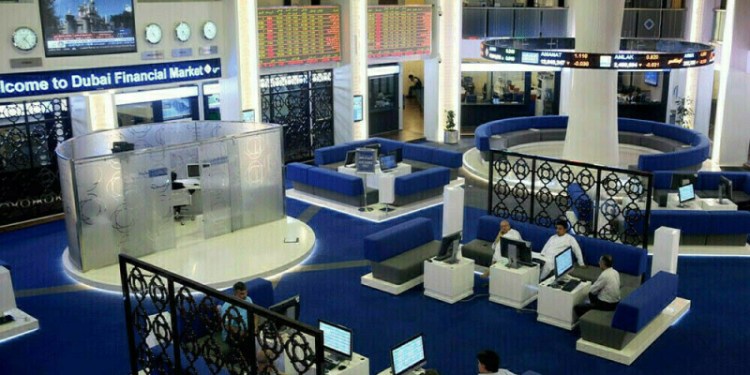 © Reuters. Illustration photo of a China yuan note
© Reuters. Illustration photo of a China yuan noteBy Winni Zhou and John Ruwitch
SHANGHAI (Reuters) – China is leaving nothing to chance during next week’s visit by U.S. President Donald Trump, and will likely fortify the value of the yuan – a regular target of attack during last year’s campaign for the White House.
Trump promised while campaigning that if elected he would name China a “currency manipulator” for artificially depressing the value of the yuan to make its exports more competitive.Since he took office, though, the Treasury Department has twice declined to do so because China has not met the necessary criteria.
Beijing has allowed the yuan
Still, currency strategists and traders say that in the days around Trump’s Nov. 8-10 Beijing visit they expect the People’s Bank of China (PBOC), which controls the exchange rate, to prop up the yuan.
Some believe the currency will be made slightly stronger while others said they think it may move in either direction, but with the downside limited.
Gao Qi, a currency strategist at Scotiabank in Singapore, said the yuan is likely to see “a strengthening bias” against the dollar in the run up to Trump’s trip.
“It will be a friendly sentiment,” Gao said.
China has not been cited as a “currency manipulator” since 1994, but the Chinese government is unwilling to leave anything to chance around major political events.
Beijing is “apt to appease Trump … with currency appreciation to avoid being criticized for engaging in competitive devaluation for the purposes of boosting exports,” said Sue Trinh, head of Asia FX strategy at RBC Capital Markets in Hong Kong.
The yuan has been a persistent point of contention in U.S.-China relations.
From 2005, the year Beijing revalued the yuan and eliminated its peg to the dollar, China has hosted five state visits by U.S. presidents. During these periods, the yuan was kept basically flat against the dollar.
The PBOC limits daily the movement of the yuan to within 2 percent above or below a reference rate it sets each morning. It says it has taken steps in recent months to make the reference rate more market-driven, but it retains ultimate control over the value of that rate – and by extension the currency.
A closely related issue – the China-U.S. trade imbalance – is likely to figure prominently in discussions when Trump visits. The United States believes progress with China on a range of trade issues has become more difficult and Beijing appears on a “trajectory of retrenchment”, according to a senior administration official. [nL2N1N6172]
“Keeping the Chinese currency stable would benefit the trade negotiations between the U.S. and China,” said Ken Cheung, senior Asian FX strategist at Mizuho Bank in Hong Kong. Cheung expects the yuan to rangebound between 6.5 and 6.7 per dollar.
Analysts expect downward pressure on the yuan to resume through the end of the year with the U.S. Federal Reserve expected to raise interest rates and financial markets in China looking less sure-footed.
If the authorities do act to shore up the yuan when Trump is in town, traders believe the central bank would be more likely to do so by tweaking the official reference rate
Source: Investing.com





























